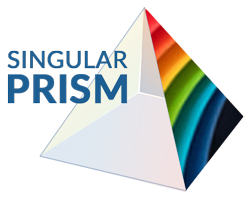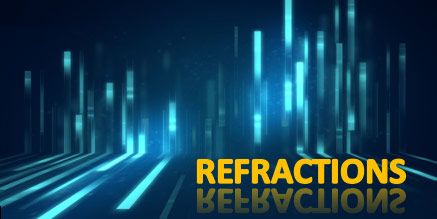Sometimes I feel I must write poetry
Sing of something I know or want to know.
I’m never sure of what drives as I write
Gibberish, at least some of it, seems to me.
Yet, when I happen to express something well,
My heart expands in joy at the words I see.
To be able to write so it affects
The heart, the soul or the mind?
That’s a goal I set for myself.
If I can reach that goal, I will feel
As if my life has been successful.
One subject for poems, love between people
Not just lovers (men and women), there’s also
I loved my Mom so much, that just
Thinking of her made me feel really good.
My Dad? Well, he was so rough and hard.
Yet even to myself, I admit
That I loved him, also.
My brothers? I guess so, and
My four sisters, a little easier
To say I loved them and even their kids.
I probably loved a few of my friends, too.
At least the ones to whom I told some secrets.
If any of this constitutes a poem,
I hope you like it well enough to save.

